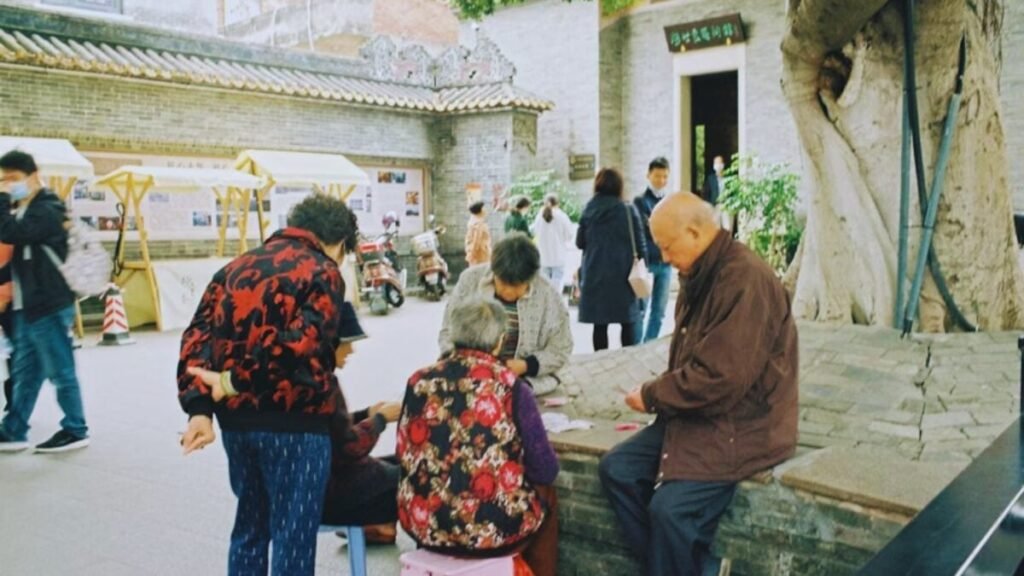China ages before growing old: How a successful policy turned into the mistake that will define its century.

For decades, China challenged the laws of demography. It achieved what no other country had accomplished: slowing down its own population growth through political decision-making. It was the great social experiment of the 20th century. And it worked so well that today, half a century later, its biggest threat is not overpopulation, but rather underpopulation.
What was once a demographic victory has now become a ticking time bomb advancing silently.
## A nation that fought the wrong battle
In the late 1970s, as China’s population was skyrocketing and memories of famine still lingered, the Communist Party launched its most ambitious crusade: the one-child policy. Its aim was to control growth and ensure development. The measure was so effective — and so brutal — that it shaped the psychology of entire generations.
Decades of fines, forced abortions, and control campaigns left something deeper than statistics: by the time the government allowed two children in 2016, and three in 2021, the natural drive to reproduce had already been extinguished. The world’s most populous country is slowly emptying.
## An impossible equation
Having a child in China has become a luxury. The average cost of raising a child exceeds $75,000, and in cities like Shanghai, it’s nearly double. This is compounded by grueling work hours, exorbitant housing prices, and a cutthroat educational system.
Young women, especially urban ones, are clear about it: they don’t want to sacrifice their careers or freedom. Motherhood, once a symbol of duty, is now perceived as a surrender. The result is a generational void that neither subsidies nor state propaganda can fill.
## The clock is ticking faster than change
The population pyramid has inverted, marriage rates are plummeting, and soon the elderly will outnumber the working population. The economy that drove the Asian century is facing its most human limit: without youth, there is no productive future.
China is aging before it grows old. Its one-child policy worked so well that it left the country without heirs. What was once demographic control has now turned into historical chaos.
And the big question, still unanswered in Beijing, is whether a nation built on planning will be able to survive… the consequences of its own plan.







